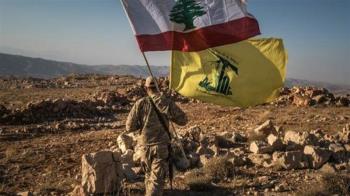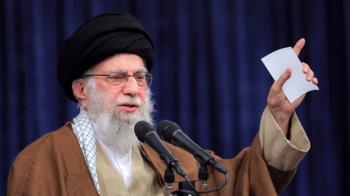Alwaght- Russia has had some scores to settle with Turkey after it downed a Russian fighter jet over Syria’s airspace. But instead of adopting a tit for tat approach by reciprocating the attack, for the time being at least, Moscow is taking a series of measures to hurt Ankara economically and politically. That doesn’t mean, however, that Russia’s disclosures are false. On the contrary, it just means that Turkey’s secrets are gradually being exposed.
After slamming Turkey with hefty sanctions, Russia is outing Turkey’s economic and political agendas in Syria which have given way to terrorism.
During a media briefing on Wednesday, the Russian foreign ministry- aware of the inevitable deterioration of Russo-Turkish relations- outlined measures to combat international terrorism with special emphasis on Syria. The Russians exhibited a series of evidence, photos, videos, and maps illustrating how oil tankers are being transported by ISIS out of Syria.
The underlying purpose was to name the regional country whose trade with Daesh, the Arabic acronym for ISIS, largely contributed to the sustenance of the group; thus, giving rise to its activities, atrocities, and survival.
Bombarding a few positions in Syria as part of an international coalition allegedly aimed at eradicating the terrorist threat from Syria, while purchasing oil, which rightfully belongs to Syria, on the black market and even paying in weapons instead of cash, draws a line discerning fighting terrorism from supporting it.
According to the reports, ISIS has been procuring 3 million dollars a day through oil trade.
While giving the US-led coalition the benefit of the doubt by assuming the reason ISIS oil infrastructure has not been targeted by airstrikes is lack of intelligence, Russia said it will continue to obstruct the terrorist oil business through airstrikes.
Footage of vehicles moving along the Syria-Turkish border was shown as Moscow expressed wonder at claims that Turkish authorities are unaware of oil smuggling through its borders, accusing Ankara of involvement in terrorist-related oil trade.
Not only did the Russian defence ministry point the finger at Turkey, but it went further to specify Turkish President Recep Tayyip Erdogan and his family as partakers in the illegal oil trade with ISIS, rendering them accomplices in helping the terrorist phenomenon grow.
“The main consumer of this oil stolen from its legitimate owners Syria and Iraq is Turkey. According to available information, the highest level of the political leadership of the country, President Erdogan and his family, are involved in this criminal business,” deputy defence minister Anatoly Antonov declared.
Speaking from Qatar, Erdogan responded by saying that the allegations amount to “slander” and maintained that he would resign should the claims prove to be true. However, Moscow is not concerned with Turkish internal affairs, particularly over Erdogan’s unlikely resignation. On the other hand, it is substantially concerned about the presence of terrorist groups such as ISIS within the borders of its ally Syria, and the international threat they pose.
Turkey has been threatened by Russia’s interference in Syria. As Russian fighter jets continue to target ISIS positions, including oil tankers, Ankara is obviously uneasy about this systematic and effective hunt. Observers believe this is the reason Turkish forces shot down the Russian aircraft. Before Russia stepped in, Turkey’s interests were being safeguarded through deliberate hesitance to launch airstrikes against numerous ISIS strongholds and vehicles in northern Syria.
But this not the last card up Russia’s sleeve. The Foreign Ministry promised to reveal more evidence implicating Turkey in training, arming, and smuggling foreign fighters into Syria next week. While proof that Erdogan is profiting from the bloodshed in Syria continues to pile up, Turkey’s hands are visibly smeared with blood and oil regardless of its leaders’ claim.


























